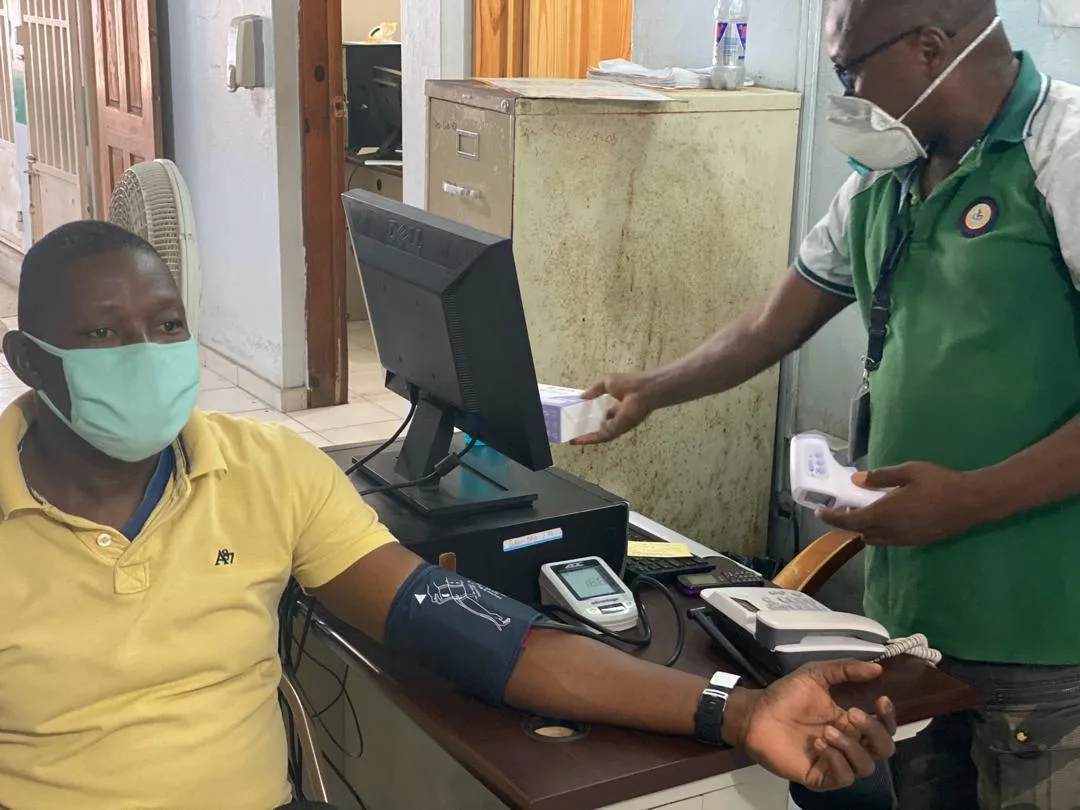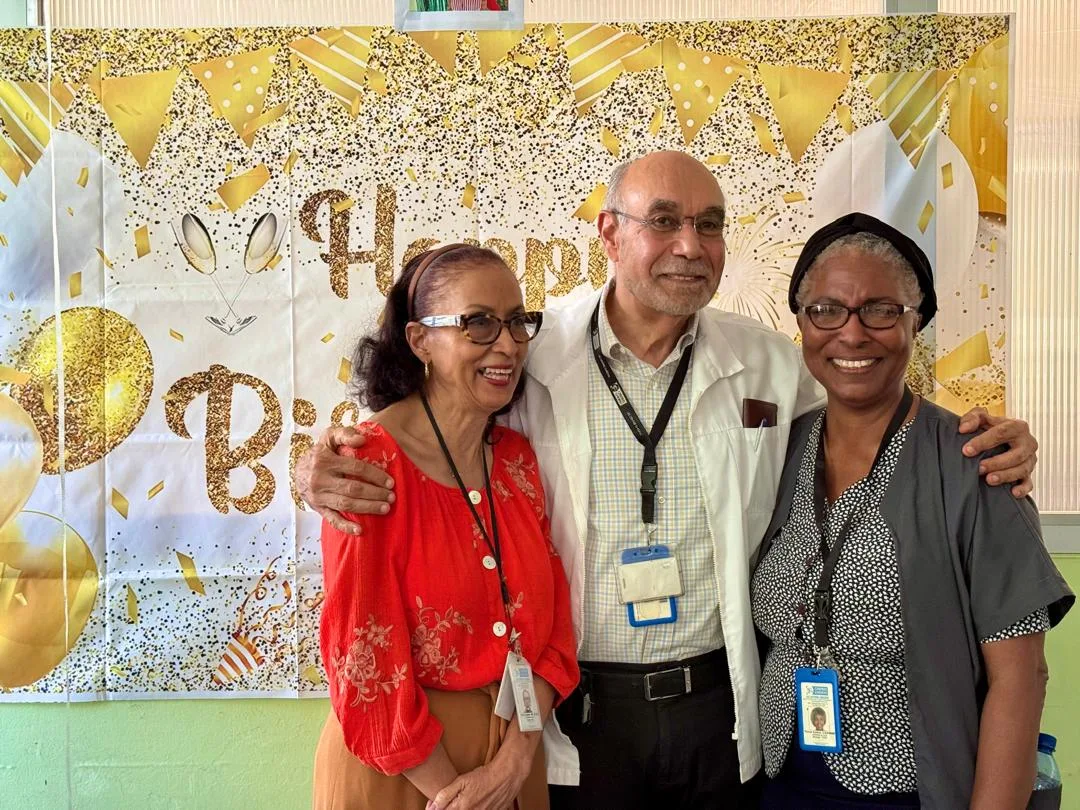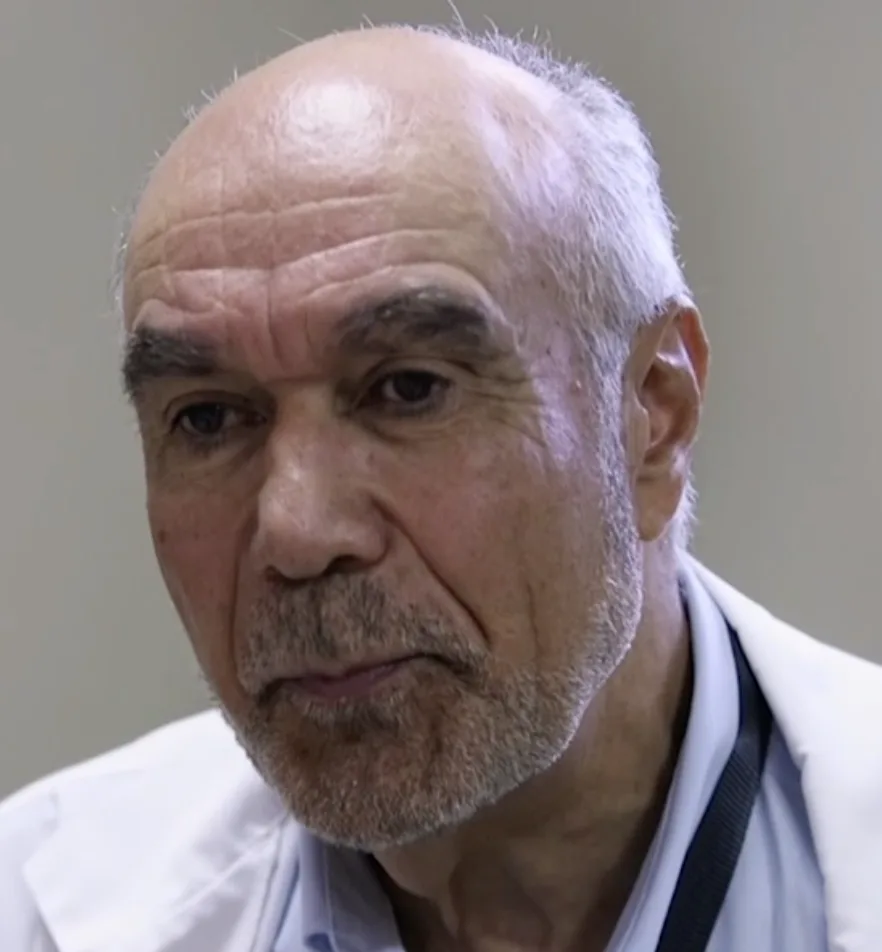Cardiovascular disease (CVD) is now the leading cause of death in Haiti, having surpassed HIV over the past decade. Over 32% of all deaths in Haiti are due to CVD. GHESKIO has leveraged its success in HIV and infectious disease to now similarly confront the CVD epidemic in Haiti. The team is leading the region’s largest natural history study to provide accurate and previously unavailable estimates of prevalence and incidence of CVD risk factors and diseases and to identify modifiable poverty-related drivers of disease to then target intervention for prevention and treatment. Over the past 5 years, GHESKIO collaborated with the Haitian College of Cardiology and the Haitian Ministry of Health to build a CVD program with 3 components: research, training and patient care.
I. This year marks the 5th year of this program which counts the following accomplishments:
- The set-up of a cardiovascular center at the downtown GHESKIO site with CVD laboratory assays with the ability to perform EKGs and echocardiograms, among other diagnostic procedures. The infrastructure includes a team of workers capable of evaluating patients in their homes and making referrals to the clinic as appropriate.
- The enrollment of a cohort of 3,000 patients being followed carefully for incident events: this is the only such cohort in the region of Latin America
- Eight research and training programs resulted in the first reliable estimates of CVD in Haiti and the larger region.
- Over 30 publications.
- A national conference with international experts led to the development of national guidelines for the treatment of hypertension, the major risk factor in Haiti.
II. New priority areas are now in interventions:
- To reduce lead and pollution associated with hypertension
- Improve Hypertension and blood pressure control
- Understand how to diagnose and prevent heart failure in pregnancy,
- Understand how to change CVD risk behaviors in a setting of slum poverty and constant stress,
- Development of national guidelines for heart failure in collaboration with the Haitian College of Cardiology and the Ministry of Health





